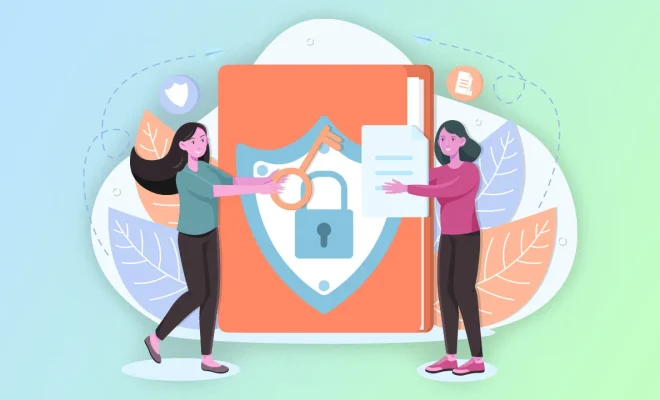Do You Really Need to Buy an Antivirus App or a VPN Anymore?

In today’s digital age, internet security has become increasingly important. With rising cyber threats and growing concerns over data privacy, many individuals are looking for ways to protect their personal information while still enjoying the benefits of modern technology. The common methods people use to protect themselves online include antivirus applications and virtual private networks (VPNs). As technology continues to advance, one might wonder if these tools are still necessary. This article will explore whether buying an antivirus app or a VPN is essential in the current digital landscape.
Antivirus Applications:
Antivirus applications serve as essential guards against malware, viruses, ransomware, and other malicious software. These programs continuously scan your computer or device for potential threats, offering real-time protection. Antivirus software can both detect and remove malicious applications before any harm can be done.
Over recent years, advances in built-in antivirus applications have progressed significantly. Many devices now come with pre-installed security features like Windows Defender. While these extensive security measures reduce the need for additional antivirus software, third-party applications still provide enhanced protection, frequent updates, and advanced customization options.
Given the ever-evolving nature of cybersecurity threats and advancements in malware, additional layers of protection are highly recommended. Purchasing a reliable third-party antivirus application could ultimately keep your data safe from emerging cyber threats.
VPNs:
A VPN enhances online privacy and security by creating a secure connection between your device and the internet. It allows you to securely access the web while hiding your IP address and encrypting all data transmitted between your device and the remote server.
With recent developments like HTTPS encryption across websites along with incognito browsing modes, some might assume that VPNs are no longer necessary. However, these solutions do not offer complete protection. HTTPS only encrypts data transmitted through the website while your browsing history remains accessible to various third parties like Internet Service Providers (ISPs) and marketers. Similarly, incognito browsing only prevents local storage of browsing history and cookies; it does not protect your online privacy.
By using a VPN, you shield your internet activity from unsolicited peering by ISPs, advertisers, and malicious actors. VPNs also allow for access to geographically restricted content and can potentially improve your internet connection speed.
Conclusion:
Despite advancements in device security and built-in protection features, purchasing an antivirus app or a VPN is still a prudent investment in today’s increasingly vulnerable digital environment. Combining the use of antivirus applications and VPNs can offer added security layers that help safeguard your online activities and personal information from various threats. Nonetheless, adequate research on reputable vendors and assessing your needs will ensure that you choose the right products to protect yourself in the digital age.





